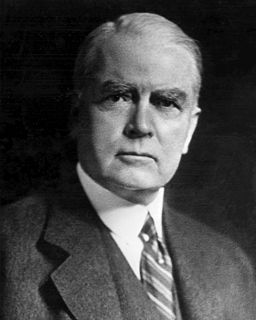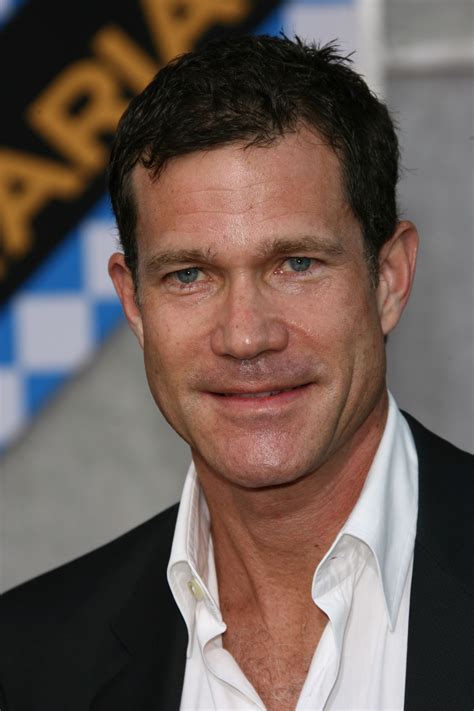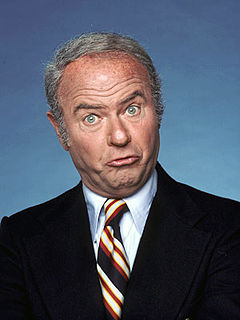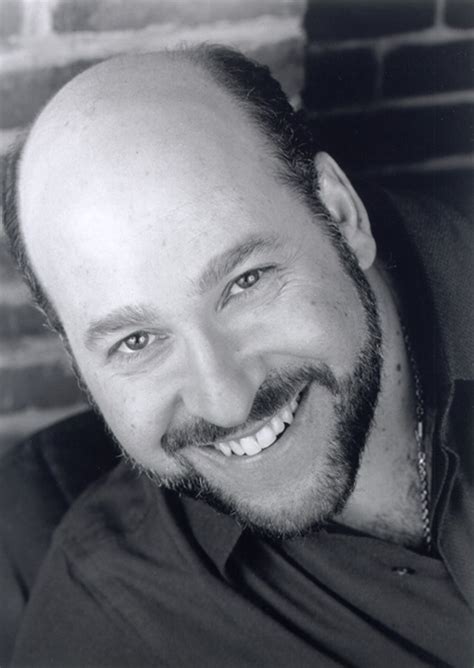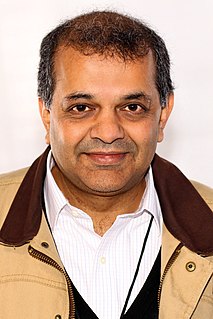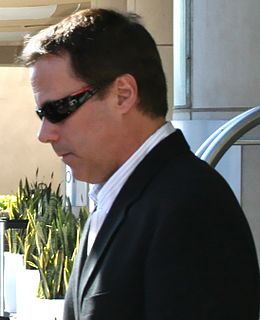A Quote by Whit Stillman
At the New York Harvard Club, they've moved the memorial for those who died in World Wars I and II up to an obscure little hallway; they used to be in the main hall, in the most prominent location. The sacrifice of those young people I always found so stunning and so admirable.
Related Quotes
Three thousand people died at ground zero. Their families are entitled to a little bit of respect, to respect the memory of those poor people that died there. And how about the families of all those soldiers that died in the two ensuing wars? Aren't they entitled to a little bit of respect - the kids, the wives, the parents?
Whenever I'm giving talks, I always ask people to think of the most obscure questions because I enjoy those the most. I always get the same questions: Why does Pickwick say "plock" and will there be a movie? I like the really obscure questions because there's so much in the books. There are tons and tons of references and I like when people get the little ones and ask me about them. It's good for the audience [and also] they realize there's more there.
There's a tendency for people in New York to think the world exists between the East and the Hudson Rivers, and I don't share that opinion. To me the world is a big place and I try to reach people everywhere. Listen, if I'm nothing else, I feel I've been a man of the people. I'm not going to pretend to be one of those snobby New York theater people.
When you create those characters that people love and care about and put them in a dark hallway, already the audience is on edge, and they feel empathy for that character. Then it's up to me to decide what jumps out in that hallway. So I think laying that foundation of strong characters and strong story is the most important thing in a horror film.
A city like Bombay, like New York, that is a recent creation on the planet and does not have a substantial indigenous population, is full of restless people. Those who have come here have not been at ease somewhere else. And unlike others who may have been equally uncomfortable wherever they came from, these people got up and moved. As I have discovered, having once moved, it is difficult to stop moving.
I enjoyed [playing lawyer in From The Hip] as an ode to my dad. My dad went to Harvard and Harvard Law School, so he had some friends that practiced in Boston. So, there was a big law firm that he hooked me up with the senior partner, then the senior partner hooked me up with a young lawyer who worked in the firm. And the young lawyer was married to a public defender. So I would hang out with them, and I could see both sides of it, those that are corporate attorneys and those that help the poor and the disenfranchised.
The casualties in the Civil War amount to more than all other wars - all other American wars combined. More people died in that war than World War II, World War I, Vietnam, etc. And that was a war for white supremacy. It was a war to erect a state in which the basis of it was the enslavement of black people.
Having found the bomb we have used it. We have used it against those who attacked us without warning at Pearl Harbor, against those who have starved and beaten and executed American prisoners of war, against those who have abandoned all pretense of obeying international laws of warfare. We have used it in order to shorten the agony of war, in order to save the lives of thousands and thousands of young Americans.


